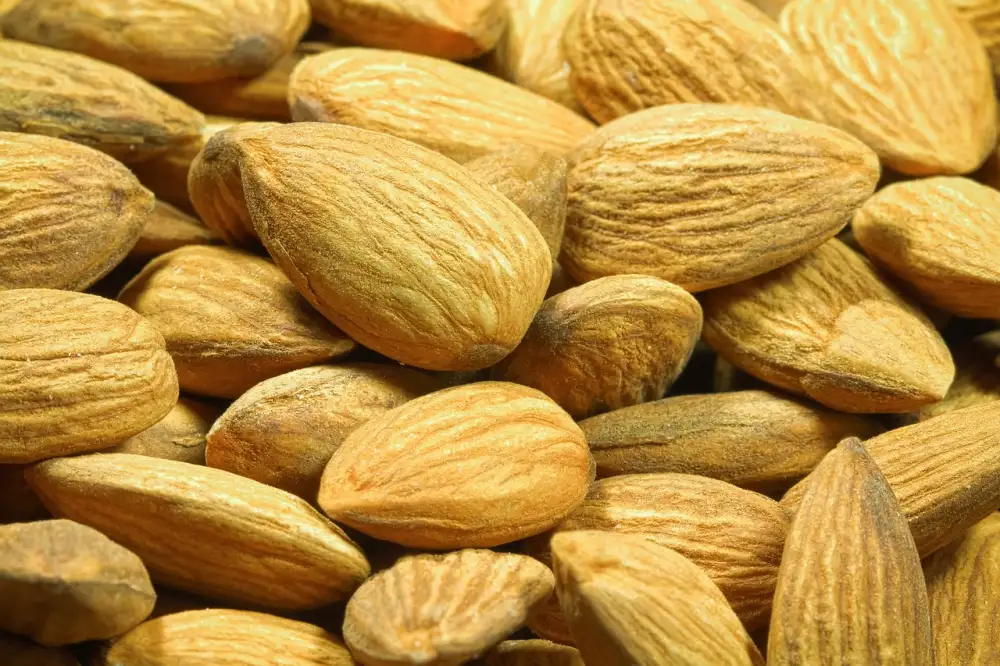Unlock the Truth Behind Hipercalórico Diets: A Comprehensive Guide to Hypercaloric Eating for Optimal Health

In a world where fad diets come and go, the hipercalórico diet has been gaining attention for its unique approach to nutrition. Originating from Spanish-speaking countries, this diet focuses on consuming a higher amount of calories than what is typically recommended for weight maintenance. While the concept may seem counterintuitive in a society obsessed with calorie restriction, the hipercalórico diet offers a fresh perspective on achieving optimal health through strategic calorie consumption. Let's delve deeper into what this diet entails and explore its potential benefits and risks.
What is a Hipercalórico Diet?
A Hipercalórico Diet, also known as a hypercaloric diet, is a nutritional approach focused on consuming more calories than the body expends. This type of diet is commonly used by individuals looking to gain weight, particularly muscle mass. It involves increasing calorie intake through nutrient-dense foods such as lean proteins, healthy fats, and complex carbohydrates. The goal is to create a caloric surplus that supports muscle growth and overall weight gain. It's essential to emphasize quality calories from whole foods to ensure optimal health outcomes while following a hypercaloric diet.
Benefits of a Hypercaloric Diet
1. **Muscle Gain**: A hypercaloric diet provides the surplus energy needed for muscle growth and repair, making it ideal for individuals looking to increase muscle mass and strength.
2. **Improved Athletic Performance**: Athletes engaging in intense training can benefit from a hypercaloric diet as it ensures they have enough energy to sustain their workouts and enhance performance.
3. **Enhanced Recovery**: The increased calorie intake in a hypercaloric diet aids in quicker recovery post-exercise by replenishing glycogen stores and repairing muscle tissue.
4. **Boosted Metabolism**: Consuming more calories than the body needs can actually rev up the metabolism, leading to better calorie utilization and potentially aiding in weight management.
5. **Sustained Energy Levels**: With a surplus of calories, individuals following a hypercaloric diet often experience sustained energy levels throughout the day, preventing fatigue and enhancing productivity.
Risks and Considerations
While a hypercaloric diet can be beneficial for individuals looking to gain weight or build muscle, there are potential risks and considerations to keep in mind. Consuming excess calories without proper nutrient balance can lead to weight gain in the form of fat rather than muscle. This can increase the risk of developing health issues such as obesity, cardiovascular disease, and type 2 diabetes.
It is important to focus on consuming nutrient-dense foods rather than empty calories to ensure overall health. Additionally, individuals with certain medical conditions such as diabetes or metabolic disorders should consult with a healthcare provider before starting a hypercaloric diet. Monitoring calorie intake and adjusting portion sizes accordingly is crucial to prevent excessive weight gain and maintain a healthy lifestyle.
How to Implement a Hypercaloric Diet
To implement a hypercaloric diet effectively, it is crucial to calculate your daily caloric needs accurately. This can be done using online calculators or consulting with a nutritionist. Once you have determined your target calorie intake, focus on consuming nutrient-dense foods such as lean proteins, whole grains, healthy fats, and plenty of fruits and vegetables. It's essential to spread your calorie intake throughout the day by eating regular meals and snacks to maintain energy levels. Monitoring your progress and adjusting your calorie intake as needed is also key to success in following a hypercaloric diet for optimal health.
In conclusion, a hypercaloric diet can be a beneficial tool for individuals looking to gain weight, build muscle mass, or recover from certain health conditions. By consuming more calories than the body expends, one can achieve their desired goals effectively. However, it is crucial to approach this type of diet with caution and under the guidance of a healthcare professional or registered dietitian.
While there are benefits to a hypercaloric diet, such as increased energy levels and improved athletic performance, there are also risks involved. Overconsumption of unhealthy foods high in saturated fats and sugars can lead to weight gain, cardiovascular issues, and other health problems if not balanced properly.
Therefore, it is essential to focus on nutrient-dense foods like lean proteins, whole grains, fruits, vegetables, and healthy fats when following a hypercaloric diet. Additionally, monitoring calorie intake and adjusting portion sizes accordingly is key to prevent excessive weight gain.
Ultimately, a hypercaloric diet can be a valuable tool when used appropriately and in conjunction with regular physical activity. It is important to prioritize overall health and well-being while pursuing any dietary plan for optimal results. Consulting with a healthcare provider or nutrition expert is recommended before making significant changes to your eating habits.
Published: 11. 04. 2024
Category: Food



